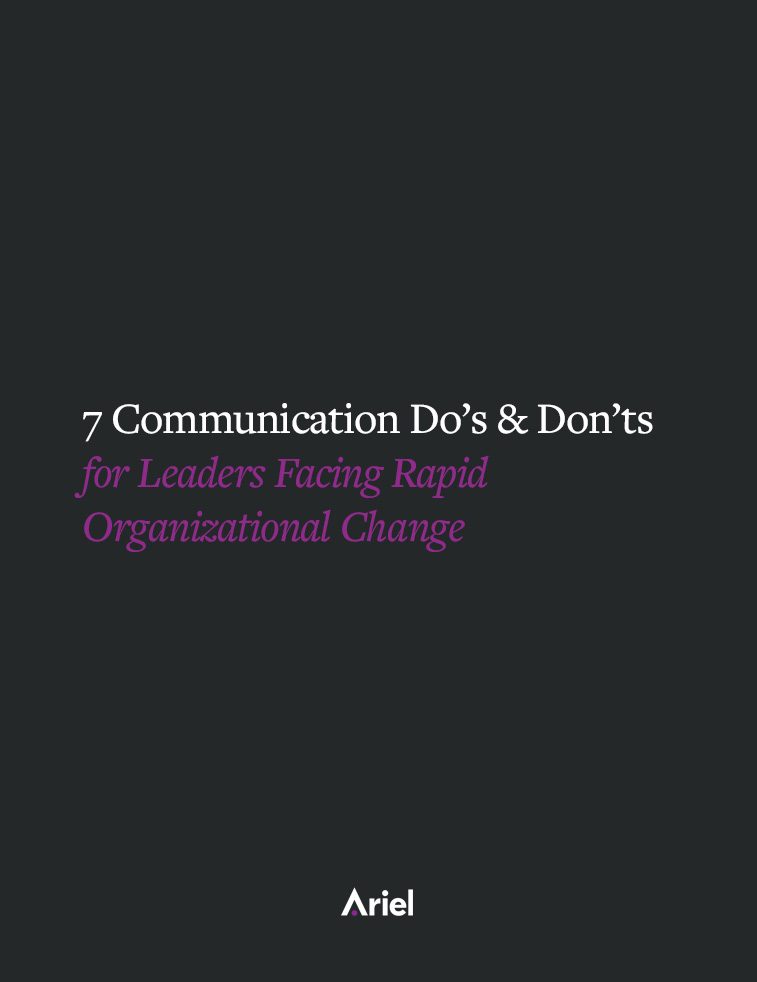The 4 Soft Skills Your Global Team Needs in 2018

If your global team is struggling with unproductive meetings, ineffective collaboration, or disengaged employees, it may be time to refine your approach.
In an increasingly virtual world, soft skills have never been more essential
When it comes to conducting global business, virtual teamwork is the norm. And while technology continues to evolve, helping us better connect from afar, it takes more than the right tools to establish strong virtual connections. The secret ingredient? Stronger soft skills.
Don’t let the term fool you. Soft skills, or the personal attributes enabling a person to interact effectively and harmoniously with other people, can make or break your global teams’ ability to work together and stay productive. While they can be challenging to develop, the investment is worthwhile. The outcome for investing in communication skills training is undeniable improvement in the workplace.
The current state of virtual collaboration
According to a recent survey of more than 1,300 participants from 80 countries, 85% work on virtual teams and indicate that this teamwork is critical for their business success. If your global team is struggling with unproductive meetings, ineffective collaboration, or disengaged employees, it may be time to refine your approach.
Here are the top four soft skills to prioritize for your global teams in 2017:
Written communication
Clear and consistent communication is key for effective virtual collaboration. Many remote teams default to email, but important messages can get lost in the inbox graveyard. To combat this, remote teams should commit to
- clear subject lines
- brief introduction paragraphs that describe WHY the reader should care
- bullet points with bolded headers
- clear action items.
Each email correspondence should answer “Who, What, Where, How, and By When” to keep remote teams on the same page. See more in our strategic business writing program, Writing for Results.
Listening
Active listening is perhaps the most crucial soft skill to develop for those looking to improve global collaboration. Rather than simply listening to what your team members are saying, pay close attention to the subtle cues that are all too easy to miss over the phone. To combat this, use video conferencing whenever possible. This will allow team members to watch facial expressions and body language, increasing overall engagement, closeness, and understanding. 93% of communication effectiveness is determined by nonverbal cues.
Leadership
Organizations are eager to unite their team behind a global strategy, but many aren’t providing their leaders with the training necessary to encourage consistent, cohesive collaboration. In the same study referenced above, only 22% of respondents reported having participated in virtual team training, and only 34% in global leadership training.
Leading virtual teams is a learned skill and necessary to build and maintain a strong rapport with team members. Strong leaders with great executive presence understand how to engage their remote teams and inspire results. Leadership development plans must also be refitted to work virtually.
Empathy and awareness
Those with strong empathy skills can take into account the thoughts, feelings, and motivations of the people around them. Developing a stronger awareness of yourself and those around you will help global teams to navigate the subtle cultural implications of virtual collaboration. And, by putting themselves in the shoes of their team members, virtual employees can reach a deeper understanding to find better solutions.
Want to see how Ariel can help your global teams come together? Reach out with any questions.
